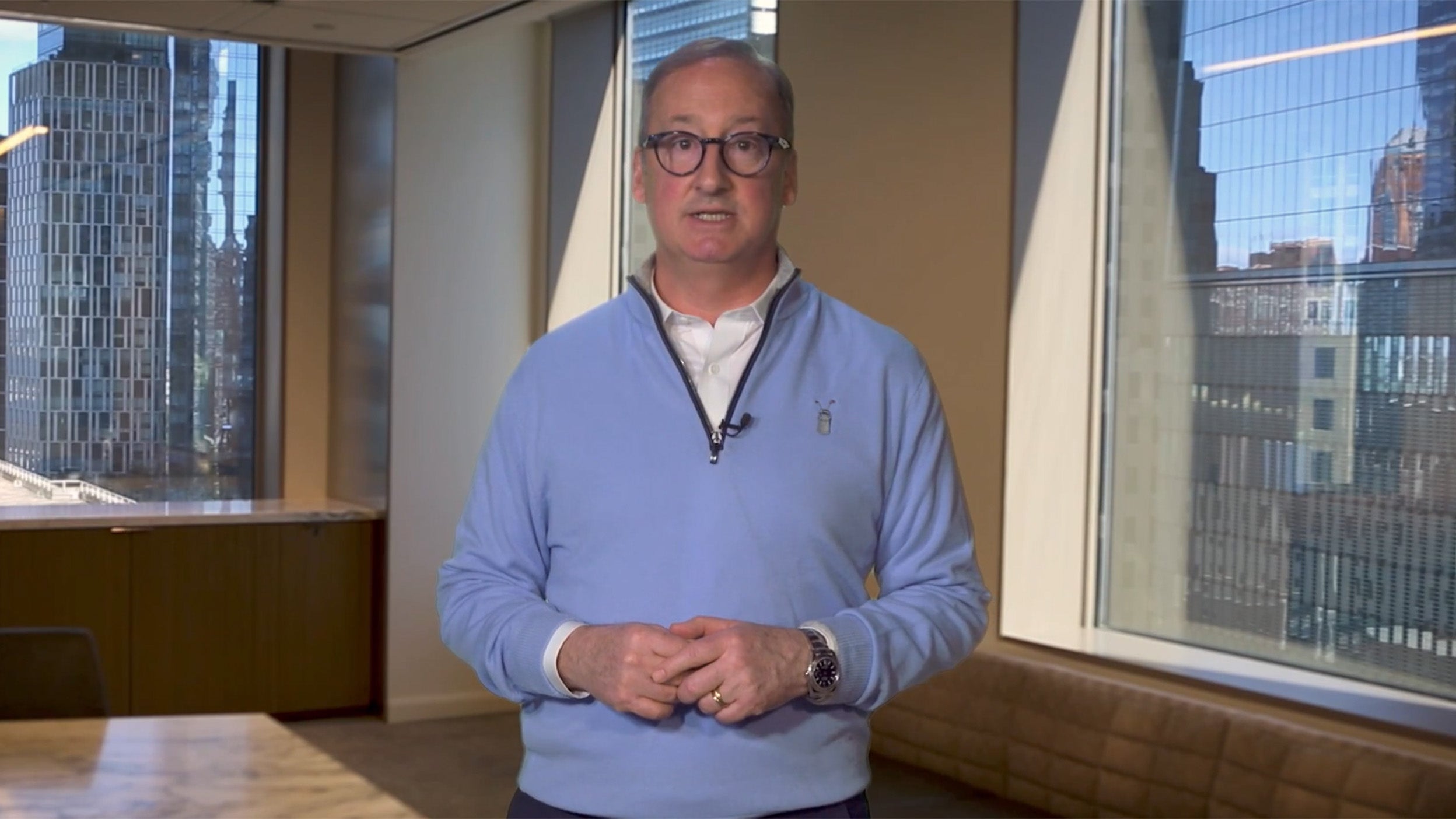
ETF The strategic advantage of AAA-rated CLO Notes
Invesco Private Credit’s Kevin Petrovcik discusses new developments for AAA-rated Collateralised Loan Obligation (CLO) note investments and their potential advantages.

As the 3rd quarter comes to a close, there has been a significant focus on the uncertainty of the US macroeconomic backdrop and its potential implications for the senior secured bank loan market. Despite these challenges, we see three compelling reasons to consider investing in senior secured loans now. (This is an excerpt from our latest whitepaper, The case for senior loans. For a deep-dive into the sector and our outlook, read the complete paper.
Current income is comprised of two key components—base interest rates (which are expected to stay higher for longer) and credit spreads (which continue to remain wide). Coupon income for bank loans today is 8.81%, which is near its highest since 20091. Market expectations are for rates to remain higher for longer, well above pre-2022 levels. Loans have proven to provide consistent, stable income through varying market cycles, including recessionary periods and periods of falling rates.
Loans have virtually no duration risk (average ~45 days). The forward SOFR curve currently implies an average 3-month SOFR rate of approximately 5% over the course of 2024. This reflects the broadly adopted market view that the US Federal Reserve (Fed) will pivot to easing interest rates late in 2024and will lower interest rates cautiously. Recent economic data has been more supportive of a higher for longer interest rate environment, benefiting higher loan coupons.
Loans have offered one of the best yields in fixed income, while providing downside risk mitigation by being senior in the capital structure and being secured by the assets of the company. Loans are one of the only asset classes that are still offering a historically attractive entry point, with spreads still wide of their long-term averages, compared to most fixed income spreads close to all-time tights. Loans have offered these high yields with no duration risk. In a recessionary environment, loans offer downside risk mitigation by being senior which means they are the highest priority to be repaid in the event of default. Senior secured assets may offer added risk mitigation throughout recessionary periods.
Learn more and read the complete whitepaper.

Invesco Private Credit’s Kevin Petrovcik discusses new developments for AAA-rated Collateralised Loan Obligation (CLO) note investments and their potential advantages.

Explore the benefits of incorporating AAA-rated CLO notes may provide to an investment strategy including consistent income potential and possible hedge against interest-rate volatility.

Significant focus on the uncertainty of the US macroeconomic backdrop and its potential headwinds on the market remain top of mind for investment opportunities globally. Against this cautious outlook, we asked the experts from Invesco’s bank loan, direct lending and distressed credit teams to share their views as the first quarter of 2025 begins.
1Credit Suisse as of 30 September 2024.
Investment risks
The value of investments and any income will fluctuate (this may partly be the result of exchange rate fluctuations) and investors may not get back the full amount invested.
Alternative investment products may involve a higher degree of risk, may engage in leveraging and other speculative investment practices that may increase the risk of investment loss, can be highly illiquid, may not be required to provide periodic pricing or valuation information to investors, may involve complex tax structures and delays in distributing important tax information, are not subject to the same regulatory requirements as mutual portfolios, often charge higher fees which may offset any trading profits, and in many cases the underlying investments are not transparent and are known only to the investment manager.
Information is provided as of 30 September 2024, sourced from Invesco unless otherwise stated.
This is marketing material and not financial advice. It is not intended as a recommendation to buy or sell any particular asset class, security or strategy. Regulatory requirements that require impartiality of investment/investment strategy recommendations are therefore not applicable nor are any prohibitions to trade before publication. Views and opinions are based on current market conditions and are subject to change.
EMEA3977299